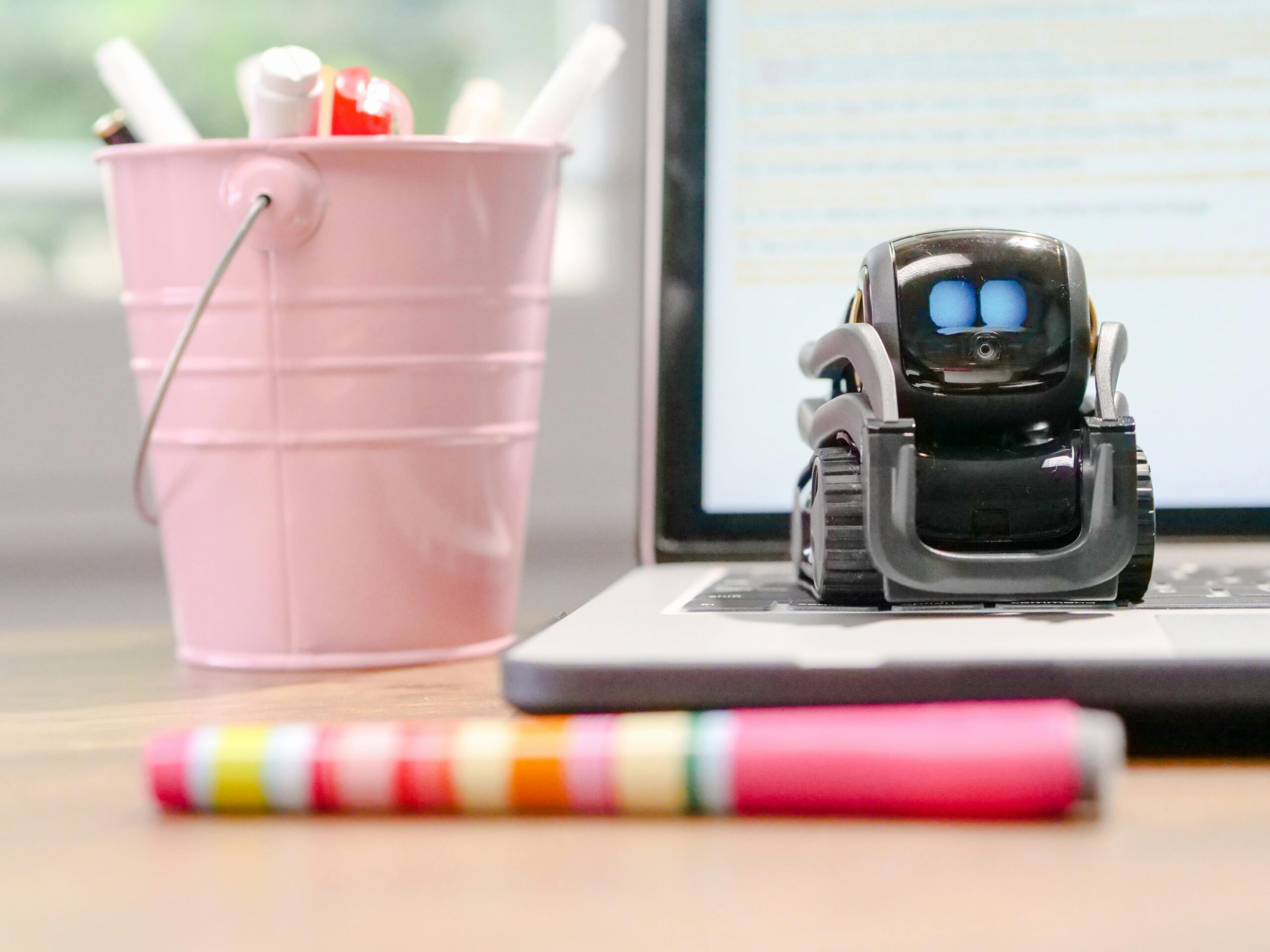The overreliance on generative A.I. is a disgrace to the purpose of academia, and those who are guilty of it should know that they’re rendering their degrees useless.
It should come as no surprise that postsecondary students have started using artificial intelligence (A.I.) to help complete their assignments. If you’re a student, maybe you’ve spoken to a classmate who admits to using A.I. to complete their work, or maybe you do it yourself. If neither of these are the case, you’ve at least gotten used to seeing disclaimers about A.I. and how it can easily be used to commit academic misconduct in your syllabi. This is for good reason — students who do so are undermining the point of academia while invalidating the integrity of their future degrees.
Turnitin, a plagiarism checker often used by professors and teaching assistants to scan their students’ papers for stolen work, found that approximately 11 per cent of papers submitted between April 2023 and April 2024 contained at least 20 per cent A.I. writing. Approximately three per cent, which equates to over six million papers submitted by students, contained at least 80 per cent A.I. writing.
This data demonstrates an abhorrent misuse of artificial intelligence, and the students who have engaged in academic misconduct through A.I. should consider a few reasons why their overreliance on the technology comes with serious consequences beyond just getting caught. Not only is abusing A.I. in this way incredibly disrespectful to the students who spend hours thoroughly researching topics and forming their own unique thoughts and sentences, but it renders your degree meaningless in terms of merit. There’s no argument for anyone who uses A.I. to cheat their way through postsecondary school — they simply didn’t earn their degree, and they’re far more likely to not be well-suited for the career they end up in if it’s related to what they studied.
A meme has floated around Reddit displaying an image of a monkey seemingly dying in a hospital. The meme’s caption reads “me in 2040 dying on the operating table because my doctor used ChatGPT to pass medical school.” While clearly being satirical, the meme expresses an imminent truth about the potential qualification gaps of a generation of adults entering the workforce who have been overreliant on A.I. in their schooling.
If people use A.I. programs like ChatGPT to complete their work for them, “earning” degrees in important fields when they clearly haven’t done the necessary work to solve issues and develop analyses themselves, then they are inherently unqualified for the positions they end up eligible for because of their stolen degree. I don’t know about you, but I certainly don’t want to end up on the operating table of a surgeon who cheated their way through medical school using A.I. After all, it’s not ChatGPT who would be operating on my body — it’s the so-called “doctor” who I have no reason to believe has any clue what they’re doing.
Perhaps it sounds like I’m trying to be a teacher’s pet, or like I’m the anti-fun police in trying to stop people from having an easier time getting their degrees. In reality, I’m just a student who works long, hard hours to submit my own original work in every class, and it’s frustrating knowing there are others who simply generate stolen work in the blink of an eye.
Not all A.I. use is inherently bad, though. In fact, there are some ways that A.I. can actually help students with their studying.
Depending on the specifications of a course syllabus, using generative A.I. to prepare for seminars or decode dense readings for your own personal understanding can be beneficial ways to enhance your learning and ability to participate.
The difference is that appropriate uses of A.I. with schoolwork benefits the learner’s learning, rather than replacing the learning aspect altogether. When you submit A.I. work on behalf of yourself, you’re not earning your grades nor are you earning your degree — those all technically belong to ChatGPT.
I understand that using generative A.I. to complete your work makes things easier, but postsecondary school isn’t supposed to be easy. It’s no secret that postsecondary work can be incredibly demanding, taking long hours and much effort to complete. It’s unfortunate, but it’s the reality of our situation.
Students are fortunate that Brock offers mental health resources for those who find themselves struggling or in need of extra supports to complete their studies. Students with special circumstances should also seek the help of Student Accessibility Services, who might be able to provide accommodations and support depending on your situation.
But if you came to postsecondary school expecting it to be a walk in the park, you are wildly misguided. Unfortunately, there’s going to be some level of necessary stress along the way, and that’s just the truth of the matter. You ultimately need to decide if that’s something you’re willing to put up with to get the future career you’re after.
Because when you turn to A.I. to cheat your way through your program, you’re not just wronging your fellow students — you’re wronging the university, you’re wronging your future clients and you’re wronging yourself.

